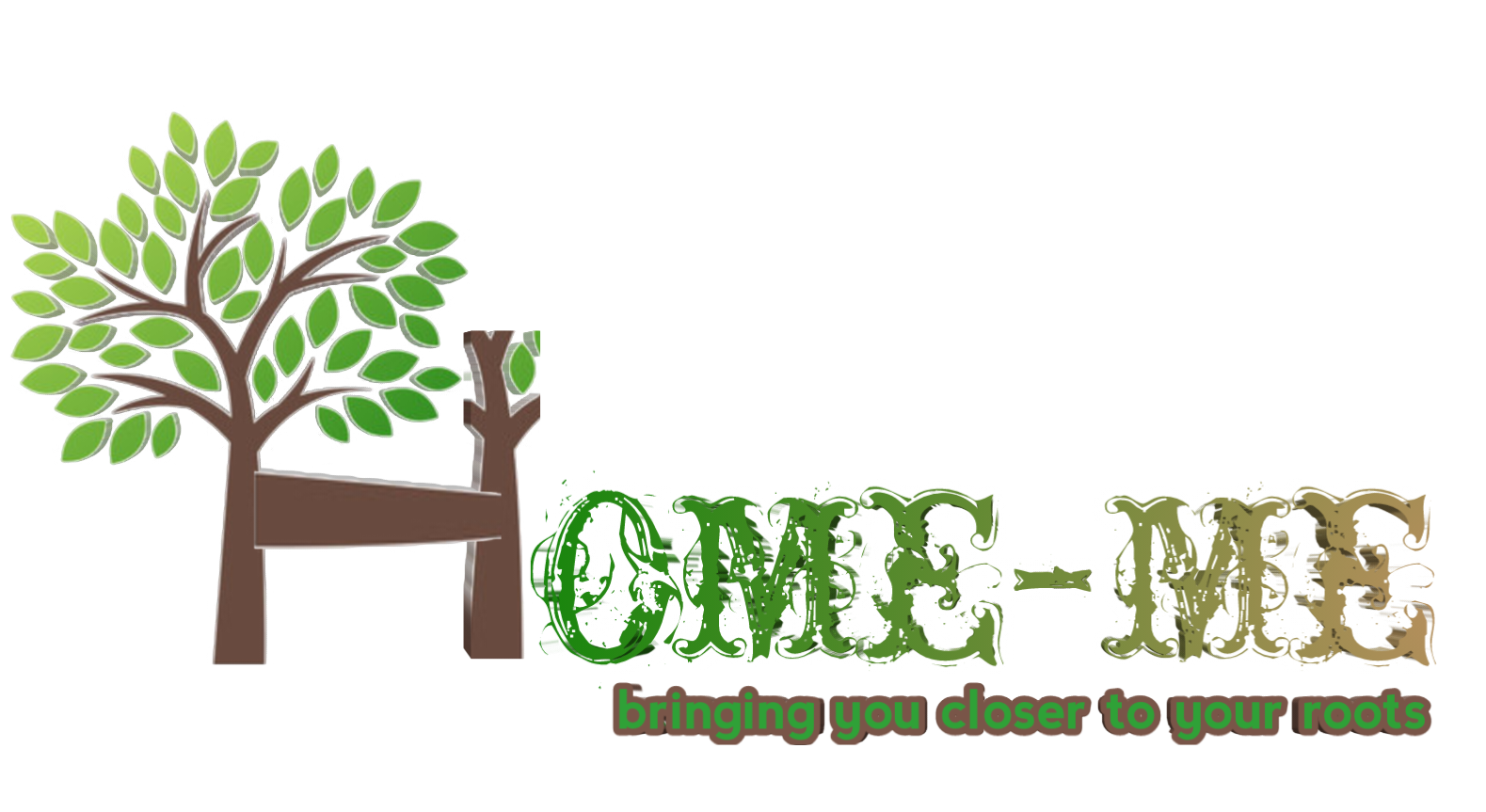The History of African Culture

Photo by Clker-Free-Vector-Images on Pixabay
As an African, I am proud of my heritage and traditions. The history of African culture is one that spans thousands of years, with each generation passing on their customs and beliefs to the next. In this article, I will delve into the origins of Africa’s diverse cultures, the way of life of our forefathers, the importance of traditions, the loss of tradition, and finally, the need for cultural preservation.
How Culture Began
Culture is the foundation upon which every society is built. It encompasses the customs, beliefs, arts, and social institutions of a particular group of people. The history of African culture can be traced back to the earliest human civilizations. Archaeological evidence suggests that humans first settled in Africa over 100,000 years ago. As these early humans evolved and developed language and social structures, they began to create the cultural practices that still exist today.
One of the earliest examples of African culture is the rock art found in caves throughout the continent. These paintings depict the daily activities of our ancestors – hunting, dancing, and gathering – and provide insight into their way of life. As societies became more complex, so did their cultures. Different regions of Africa developed unique customs, languages, and beliefs that were passed down from generation to generation.
How Everything Started
The origins of African culture are as diverse as the continent itself. The earliest civilizations in Africa were located in Egypt, Nubia, and Ethiopia. These societies developed complex social structures, art, and religious practices that influenced the rest of the continent. As trade routes were established, cultural exchanges occurred, and new ideas and customs were introduced.
The Bantu migration is one of the most significant events in African history. Over a period of several centuries, Bantu-speaking people moved from West Africa to different parts of the continent. As they migrated, they brought with them new agricultural techniques, ironworking skills, and languages. This movement of people and ideas shaped the cultures of East, Central, and Southern Africa.
The arrival of Europeans in the 15th century marked a turning point in African history. Colonialism led to the forced displacement of millions of Africans, the destruction of traditional institutions, and the introduction of foreign languages and religions. The impact of colonialism on African culture is still felt today.
Way of Life of Our Forefathers
The way of life of our forefathers was shaped by their environment, social structures, and beliefs. Most African societies were agrarian, with people living in small villages and farming the land. Families were patriarchal, with the eldest male serving as the head of the household. Women played a vital role in the community, often responsible for childcare, cooking, and gathering food.
Religion played an essential role in African culture. Most societies believed in a supreme being or creator and had elaborate rituals and ceremonies to honor their gods. Ancestor worship was also widespread, with people seeking guidance and protection from their ancestors.
Art and music were integral parts of African culture. Sculptures, masks, and textiles were used to tell stories, honor ancestors, and celebrate important events. Music and dance were used to communicate with the gods, tell stories, and bring people together.
Tradition
Traditions are the customs and beliefs that are passed down from generation to generation. They are an essential part of African culture and help to connect people to their heritage. Traditions are expressed in many ways, from the foods we eat to the holidays we celebrate.
One of the most important traditions in African culture is the concept of Ubuntu. Ubuntu is a philosophy that emphasizes the interconnectedness of all people. It is expressed through acts of kindness, generosity, and community involvement. Ubuntu is the foundation of many African societies and is a critical part of our cultural heritage.
Loss of Tradition
The loss of tradition is a significant concern for many Africans. Globalization, modernization, and urbanization have led to the erosion of cultural practices and beliefs. Many young people are disconnected from their heritage, and traditional institutions are struggling to survive.
The loss of tradition has significant implications for African societies. Without a connection to our cultural heritage, we risk losing our identity and sense of belonging. We also miss out on the wisdom and knowledge passed down from our ancestors.
Cultural Preservation
Cultural preservation is essential for the survival of African culture. It involves recognizing the value of our traditions and finding ways to pass them on to future generations. There are many ways to preserve our cultural heritage, from oral storytelling to the creation of museums and cultural centers.
One of the most critical steps in preserving African culture is education. By teaching young people about their heritage, we can ensure that our traditions are passed down to future generations. We can also create opportunities for cultural exchange and dialogue, which can help to bridge the gap between different societies.
In conclusion, the history of African culture is a rich and diverse tapestry that has been woven over thousands of years. Our cultural heritage is an essential part of our identity and provides us with a sense of belonging. As Africans, it is our responsibility to preserve and celebrate our traditions, so that they may continue to enrich our lives and the lives of those around us.
If you are interested in learning more about your culture, I encourage you to explore your heritage and connect with your community. Some people howeverare far from their origins and can’t find a community to grow their culture. Some kids are born into families where parents come from different cultures therefore they can’t easy learn theirvlanguages and grow their culture. This is the reason why we came up with this platform Home-me, that whereverwe find ourselves, we can ensure that our traditions continue to thrive for generations to come.
